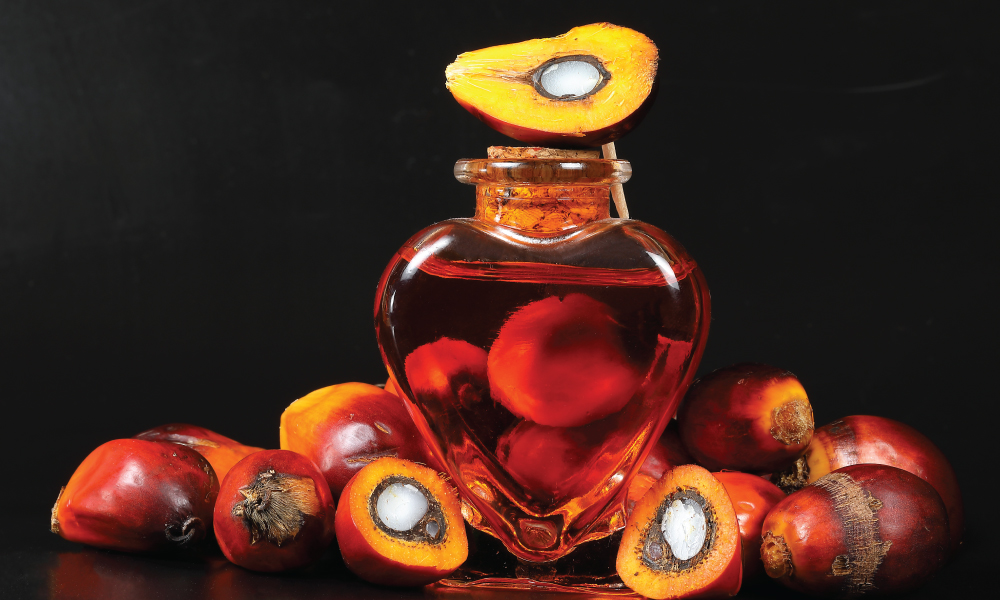

What is palm oil? Palm oil is one of the oil which makes 50% of the composition of products sold in a supermarket. The oil is quite versatile and efficient, which makes it quite popular among its users. Here are some of the reasons that have gathered palm oil multiple wins in the popularity contest.
Versatility
The oil demands continually rise each year. This is because it can be processed, forming various melting points, characteristics, and consistencies. It intensely got to the market in the 90s when producers tried looking for alternatives to unhealthy hydrogenated fats. The presence of fewer fats in the oil makes it suitable for the preparation of healthy diets. The oil is also economical when it comes to cooking and frying.
Economic benefits of palm oil
- It is produced throughout the year
Compared to other oil plants like soy and sunflower crops, palm oil can produce more than ten tons of oils annually. Also, it needs ten times less space to make compared to other oils. This means that there is produce all year round for the personal care market that is highly reliant on palm and kernel oil. The animal and energy sectors also use palm kernel oil.
- Source of livelihood
Being one of the largest vegetation globally; it is a high source of livelihood for most families. Such farmers rely on the money they earn from palm farming to feed their families. It is so sad that most palm oil farmers are the poorest people in this world. But multiple organizations including EPOA are working towards ensuring the production has some social-economic benefits. More so to the farmers and their communities.
- Palm oil is a backbone for many economies
Countries like Indonesia, which are the biggest palm oil producers, rely on it to have their economies going. A significant percentage of people are farming palm oil on small scale.
What about Efficiency?
When it comes to efficiency, palm oil is more efficient than other types of fats in the market. One hectare of palm oil can produce even more than 6.2 tons of oil annually. Its production does not also need a lot of fertilizers, pesticides, and energy.
Additionally, producing sustainable palm oil consumes less land compared to making other types of oils. The required land to produce palm oil is five times less than the land used in producing other oils. Hence, palm oil saves land as the clearing will only occur once.
To protect our forest, though, users need only to purchase goods that clearly state their presence and source of palm oil—doing so will be a considerable step in protecting our environment.









